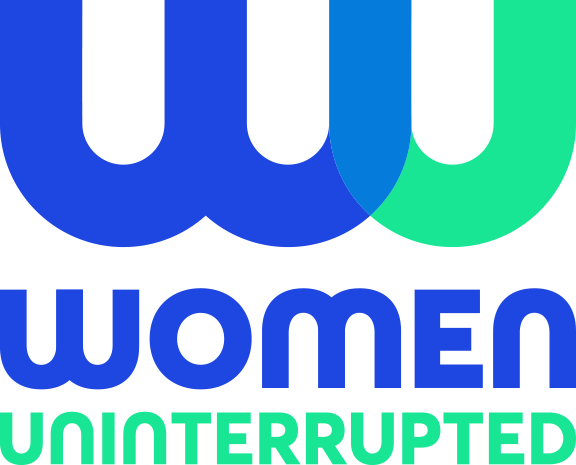Carla Sorey-Reed
Founder & CEO
Women Uninterrupted
You can’t win an election with a debate, but you can certainly lose one. And with the polls this close, the candidates’ task is not about preaching to the choir; it’s about capturing that elusive 10% that will ultimately decide the election.
There are nervous Democrats all over the country. I know because I am one. As a black woman with a black husband and son, I deem a Donald Trump presidency a very real threat to my lifeblood and livelihood. I also work as a speaker coach, and was part of a team hired to train podium speakers at the 2016 Democratic national convention. I worked closely with Kareem Abdul-Jabbar, Angela Bassett, Senator Cory Booker, and Governor Howard Dean.
I’m not advising Hillary, but if I were, here’s what I’d say to her.
The audience will be emotionally fact-checking
You have staff aplenty making sure you know what to say about your campaign platforms, policy stances, and social positions. But here’s the catch. People can read the what. We’re watching the debates to see and hear the how: how you interact with your opponent, with the host, and with us, the audience. We’re emotionally fact-checking. What about you represents us?
I’ve heard it said that you’re not a natural public speaker. But you’re a good conversationalist, and you know what? Public speaking and holding a conversation aren’t that far apart. Trust yourself as a communicator. Shrink the room.
Use the power of storytelling
In a memorable video, shown at the Democratic national convention, you spoke of your mother being left home alone overnight at age four and walking by herself to a corner cafe to get food. You took your time, you allowed the details of the story to unfold, your emotion was contained yet visible, and through the natural pauses and silences of storytelling, you were able to transfer ownership of the universality of the emotion to the audience – all in 30 seconds.
That story is the cornerstone of my understanding of who you are. You created something more meaningful and stickier than any sound bite – a story bite. Practice concise stories about yourself or specific individuals that you’ve met on the campaign trail that you can share during the debate to dovetail back into your message. And a bonus: stories are very hard to interrupt.
Put Trump in a trick bag
At Trump’s first interruption, turn to him and graciously say, “I think the audience would appreciate it if we could agree not to interrupt one another. Can we agree on that?” If he agrees, then you have successfully managed him. If he doesn’t, he looks like an uncivilized bully.
This one’s a little harder, but it would be a thing of beauty if you could provoke Trump into putting his thin-skinned quick temper or flip-flopping on full display. Perhaps in response to a question about gun control: “What kind of person brags that he could shoot someone and not lose voters?”
If Trump accuses you of playing “the woman card” – own it! We want to see the “grace and grit” that Meryl Streep referred to when speaking of you at the convention. Seize control of the game: “In case you haven’t noticed, Donald, it’s the hand I was dealt. I’ve played it all my life, sometimes with long odds, which makes the victories won even sweeter”.
Do eye contact – well
During the 3 October 2012, presidential debate, Barack Obama assumed he was off-camera and could safely study his notes while Mitt Romney was answering a question. Instead, Obama was televised non-stop on a split screen. That night, we learned that looking down, even when not speaking, does not inspire confidence.
During the primary debates you occasionally fell into the trap of holding “school teacher” eye contact – characterized by sharp eye movement intended to rein in an undisciplined class. Darting eyes crack like a whip and smack of an older, judgmental disciplinarian – a look that’s probably not endearing to millennials. Instead, smoothly and slowly, first turn your head and your eyes will follow.
Respond with your head up and with steady eye contact. In the primary debates, Bernie was a master at this. He rarely, if ever, looked down. If he didn’t have an immediate answer, with his head up and eyes steady, he would first validate the question, then hedge with a bit of context while he thought about his answer.
Looking down only rarely suggests humility or gathering one’s thoughts. Instead, when the stakes are high, looking down is more likely to be interpreted as a lack of confidence or commitment to what you’re saying – or condescension, remorse or guilt. None of that is what you’re aiming for in the debate, so keep your head up. Head up, not chin up – there’s a difference.
Remember who this is about
Most of all, Hillary, remember that the debate is not about Donald. It’s not even about you. It’s about us. Just talk to us. And let us see that you’re enjoying the conversation.
This article was originally published in the Guardian.





